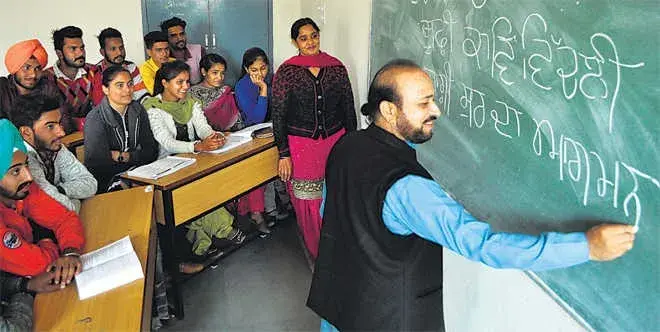ICAI and CBSE Partner to Revolutionize Skill-Based Accounting Education
The Institute of Chartered Accountants of India (ICAI) has joined hands with the Central Board of Secondary Education (CBSE) to introduce specialized skill-based courses aimed at bridging the gap between academic knowledge and industry requirements. This landmark partnership, formalized through a Memorandum of Understanding (MoU), seeks to revolutionize commerce education across CBSE-affiliated schools in India. The initiative focuses on developing skills aligned with the Banking, Financial Services, and Insurance (BFSI) sector, ensuring that students are equipped with industry-relevant knowledge. ICAI President CA. Ranjeet Kumar Agarwal emphasized the importance of the collaboration, stating, “This partnership is a significant step in enhancing the skill development ecosystem. By aligning commerce education with professional requirements, we aim to open new career avenues for students in accountancy and finance.” Key features of the collaboration include: Awareness Programs: ICAI and CBSE will organize sessions for school principals, teachers, and management teams to promote commerce-based skill courses. Teacher Training: CBSE will conduct capacity-building initiatives to equip educators with the skills needed to teach specialized courses effectively. Content Development: ICAI will contribute expertise in syllabus design, study materials, and training modules while offering career guidance resources. Enrichment Activities: Joint workshops, training sessions, and student awareness campaigns will highlight career opportunities in the BFSI sector and accountancy. This initiative underscores the shared commitment of ICAI and CBSE to enhance employability and prepare students for future challenges. By integrating skill-based learning with traditional education, the partnership aims to create a robust foundation for students aspiring to excel in commerce-related professions. The MoU is expected to set a precedent for innovative educational practices and provide students with a competitive edge in the global job market.
ICAI and CBSE Partner to Revolutionize Skill-Based Accounting Education Read More »


